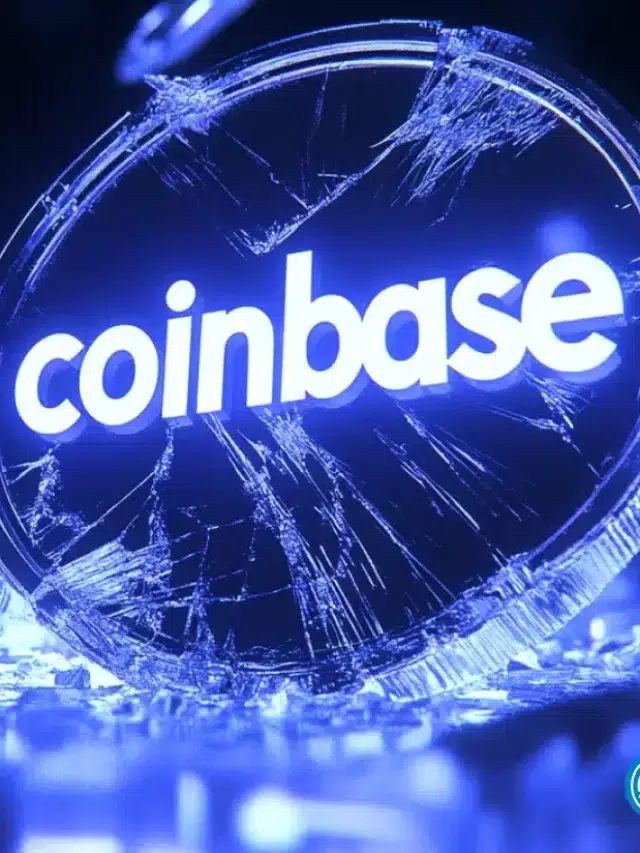Centralization will kill web3 before it reaches its full potential | Opinion

Disclosure: The views and opinions expressed here belong solely to the author and do not represent the views and opinions of crypto.news’ editorial.
At their inception, the power of cryptography and cryptocurrencies was their separation from centralized control that has fed inequality in our financial systems for millennia. Fast forward to 2023, and centralization has seen the downfall of some of the industry’s most prominent and brightest stars, from Changpeng Zhao exiting Binance, Sam Bankman-Fried and FTX saga, Terra’s Luna to BlockFi, the space has been stifled with corruption and egregious errors at the hands of a few, forever changing the web3 landscape. Un-governance is the key to the next cycle of decentralization and the only way to secure the future of cryptocurrencies and decentralized finance.
So, what is un-governance?
At the heart of un-governance is the unwavering belief in decentralization, protocols whose governance is minimalistic—if not entirely absent—of human intervention in its operations. Ungoverned protocols use smart contracts to ensure web3 fulfills its mission of removing the human error that can negatively impact even the most prominent project and their communities. True decentralization is achieved when a system operates without the typical layers of top-down decision-making that have characterized traditional financial systems and, increasingly, even some defi systems.
Governance minimization is essential as a safeguard against long-term centralization of control and fosters better security for investors, users, and contributors. One way to achieve this is by an additional layer of decentralized governance at the helm of a project via a dedicated DAO.
How is un-governance playing out in the real world?
Some projects have already begun the move towards better governance, but even if a project has DAO in the name, it does not mean it’s actually decentralized or safeguarded from fraudulent players.
Looking at a recent example of dangerously ineffective governance, Indexed Finance, a defi protocol governed by a DAO that was exploited years ago and is now inactive, was attacked by a malicious governance proposal. So why does it matter if a defunct and inactive DAO is taken over by a bad actor?
Well, that protocol has thousands of members connected to its contracts, many of which have set token approvals that allow the protocol to move tokens from their wallets. It means that the attacker could upgrade those contracts and pull millions in tokens from users who set approvals years ago directly from their wallets. This is a key problem with leaving governance of a protocol up to token holders alone. In contrast, protocols like Reflexer and Open Dollar are non-ungradable, meaning the DAO cannot upgrade the code in any malicious way because the protocol is ungoverned.
Un-governance dictates a reduced role for these stakeholders, asserting that the system, once set into motion with its foundational code and algorithms, should be allowed to function autonomously. Like winding an old watch: once the original time has been established, there’s no need for further human interference.
How can we balance un-governance?
The critical question is, how do we gauge the degree of governance necessary to rid corruption from our projects? Traditionally, centralized power structures wield unfair influence over all decisions and procedures.
This can be in the structure of a founder, board of directors, or similar hierarchy. In society, this can be a monarchy or unfair political structure; in a corporation, this looks like an executive board; in DAOs, this could be a team of core developers or whales who have amassed an influential volume of governance tokens. In contrast, an ideal system is characterized by an equitable distribution of power and influence, devoid of any single point of control or failure. In the theater of defi & DAOs, governance stakeholders hold the reins of power, making pivotal decisions ranging from protocol upgrades to fee structures.
Centralization will be the end
If the web3 space is to prosper once again, more care needs to be placed in the construction of our projects from the start before corruption, market speculation, or poor decision-making intervene and millions of dollars of investor money are at stake.
If founders fail to do the right amount of thinking upfront to remove inefficient and potentially dangerous governance from their projects, there is little hope for the industry’s future.
What’s at stake if we fail to instill decentralization across the industry?
Many integral parts of the web3 space rely on stability to maintain their value and attract users and can be severely impacted by sudden shocks. Stablecoins like USD Coin (USDC), DAI, and other dollar-backed stablecoins, which seek to maintain price stability and peg to a reference value, are sensitive to and systemically at risk of external shocks and manipulations. Similarly, instability and insecurity are critical deterrents to new users and businesses looking to enter the space, shutting out millions of potential adopters. If crypto is never good enough from a safety perspective, it will never be truly adopted.
So, where to go next?
Since the DAO boom of 2021, DAO tooling and structures have come a long way in ensuring best practices for operating a decentralized community.
Different projects like Collab.Land have built a strong foundation for token-gated communities, ensuring token holders of DAOs have access to community chats and documentation, removing the need for a single person to manage large communities. While projects like Govrn allow contributors to track and record their contributions to DAOs, decentralizing and automating the process of documenting and awarding active members of DAO communities.
The opportunity cost of inaction is too high to allow ineffective governance to continue to rule the ecosystem. A focus on un-governance is the only way to achieve growth and prosperity for cryptocurrencies and defi in the long term.















